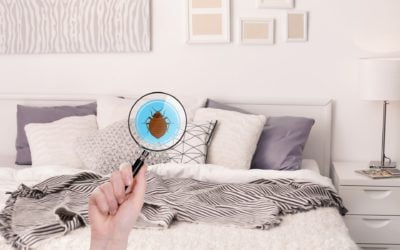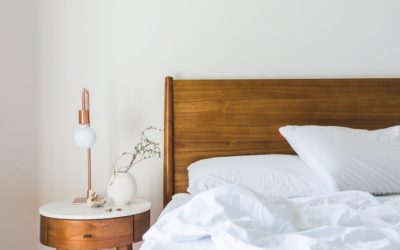When do the clocks go back in 2023?
As National Sleep-In Day approaches, the day the clocks go back and we get an extra hour in bed on Sunday October 29, we got the expert low down from The Sleep Charity about the importance of sleep and how the clock change affects our sleeping patterns.
Why is sleep important?
Sleep is critical to health and wellbeing. It plays a significant role in healing and repairing your heart and blood vessels. It helps us maintain a healthy weight and a good balance of hormones, as well as controlling sugar levels. In terms of mental health, a great night’s sleep makes the brain work properly. It helps us to learn, remember, solve problems and make decisions, as well as safeguard against stress, mood swings and depression.
Yet some of us sleep well and some of us don’t. There are lots of factors that can impact achieving a good night’s kip, from light and noise, to the bedroom environment and the bed and your own lifestyle habits.
The cost of living crisis and events happening throughout the world have also had an impact on sleeping habits this year. Financial worries and health worries have made it difficult to sleep or caused restless sleep.
Following another challenging year, National Sleep-In Day is a good opportunity to reset your bedtime routine and assess your sleep quality. A regular routine and a good night’s sleep can make a huge difference to your general health and wellbeing.
Sleep and the clock change – how does it affect you?
As nights draw in and days turn cool, Autumn brings its own set of sleep challenges for those who struggle to snooze.
- Shorter days can mean less exposure to sunlight. This means lower levels of vitamin D and increased feelings of fatigue. It also disrupts the circadian rhythm, which regulates feelings of wakefulness and sleepiness. Getting plenty of sun on your face in the morning can help. So open the curtains as soon as you wake up and, if possible, go for a morning walk. After sunset, do the opposite and dim indoor lights to get your body back on track.
- While crisp, chill air can make it tempting to light the fire and crank up the heating, it’s actually best to keep the home – or at least the bedroom –between 16 and 18 degrees Celsius. Letting the bedroom get too warm can mess with sleep. If it’s too hot, the body struggles to bring its temperature back down, causing wakefulness. Too cold and the body will eventually wake you up, demanding extra layers of warmth and insulation!
- Seasonal affective disorder (SAD) is a type of depression that can set in when daylight hours grow shorter. It’s thought to affect one in 15 people between September and April in the UK each year. While the cause of SAD is still unknown, the disorder can alter melatonin levels, which play a role in the sleep/wake cycle and cause daytime sleepiness and oversleeping. To re-establish a normal sleep schedule, exercise regularly and ensure the bedroom is conducive to sleep (strictly no gadgets and gizmos). Keep bedtime/waking times consistent – even at weekends. Getting as much natural daylight as possible is key, too, as it suppresses melatonin levels and boosts serotonin production.
- Colder weather can also tempt us to eat more than we should. While it’s easy to stick to salads and lighter foods during warm summer months, avoid the temptation to ‘comfort eat’ heavier meals as the temperatures drop, particularly close to bedtime. Overload the tum at your peril! Too much food, too close to bedtime, is a sure-fire recipe for wake-up level heartburn and indigestion.
Top tip
- Make sure your bed is comfortable and still supportive. Indoor furniture can be forgotten about during the lazy, hazy, outdoor furniture days of summer. With the focus firmly back on interiors, it might be time to re-appraise the piece you use more than any other in the home. Plus, if your bed is seven years old or more, then a new one could be on the cards.
First published 16.10.20, updated 20.10.23






0 Comments